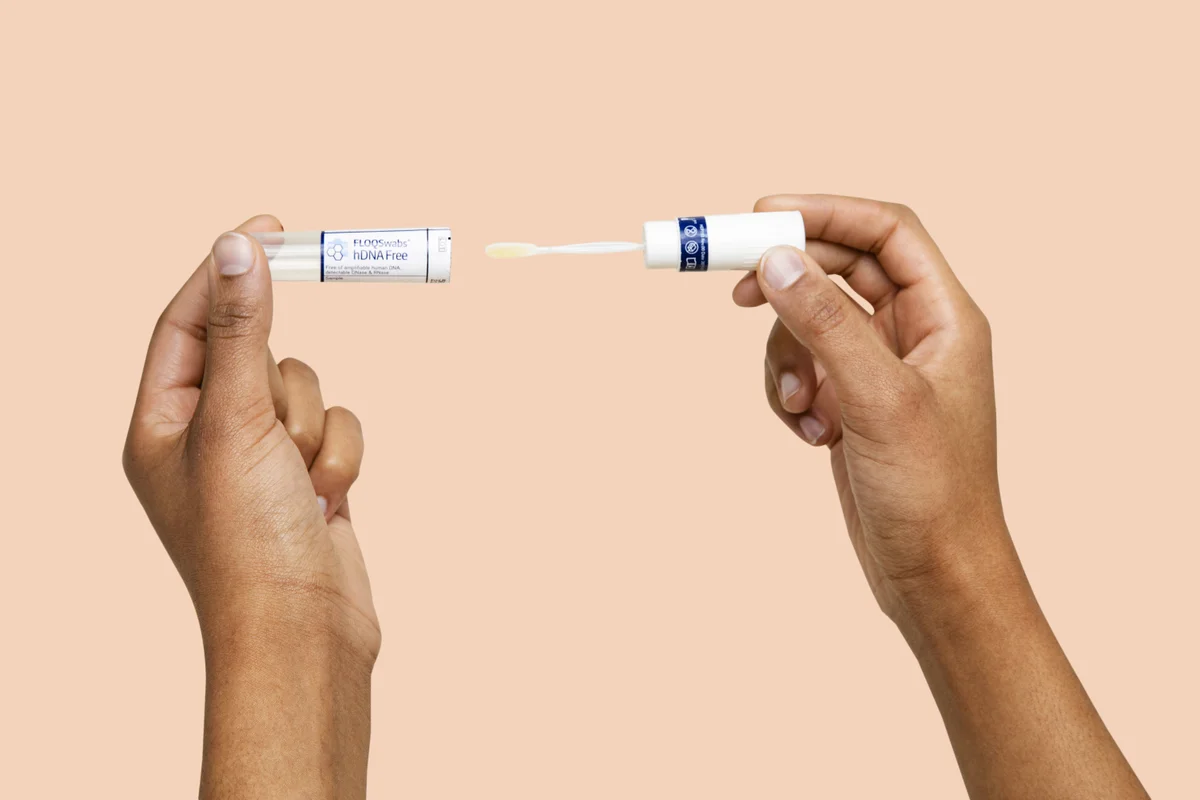Copyright independent

A burgeoning market for at-home gut microbiome tests is captivating the minds of wellness-conscious individuals, promising everything from personalised health insights to a path to longevity. These private companies offer bacterial inventories of the intestines, with tests typically ranging from $100 to over $500. Yet, as more individuals present these results to their doctors, a growing chorus of gastroenterologists is urging caution, highlighting the significant limitations of these unregulated products. The human gut is a complex ecosystem, teeming with bacteria crucial for digestion, nutrient absorption, and combating inflammation. Research increasingly links a healthy gut microbiome to the prevention of conditions such as liver disease and diabetes, and even suggests an influence on mental well-being. However, our understanding of this intricate internal world remains "in its infancy," according to Dr Mark Benson, a gastroenterologist at the University of Wisconsin-Madison's health system. While there is "growing evidence that there are changes in the gut microbiome that are associated with different diseases, including diabetes, liver disease, obesity and inflammatory bowel disease," a crucial caveat exists: it often remains unclear whether these microbiome changes are the cause or merely an effect of the disease. Adding to this complexity, each person's gut microbiome is as unique as a fingerprint, capable of varying even within an individual. Dr Eamonn Quigley, chief of gastroenterology and hepatology at Houston Methodist Hospital, who has dedicated three decades to researching the gut microbiome, notes that "most of the variability between people, we don’t understand." Typically, these direct-to-consumer tests involve collecting a stool sample, which is then mailed to a lab for analysis. Companies subsequently provide a report, often comparing the individual's microbial mix to a supposed "ideal" or highlighting perceived imbalances. A significant concern for medical professionals is that these tests are not intended for clinical use and lack federal regulation, making their reliability difficult to ascertain. This regulatory void means different companies can employ varying standards and methodologies, raising questions about sample consistency, the scientific basis of their benchmarks, and even whether stool is the most appropriate sample source. When patients arrive at appointments armed with these over-the-counter test results, doctors often find themselves with little actionable advice to offer. While physicians do order stool tests, these are typically to diagnose specific issues like infections, inflammation from foodborne illnesses, or cancer. Dr Sean Spencer, a physician-scientist at Stanford University, acknowledges the appeal of these tests to patients. “If you talk to patients, these tests are appealing,” he said. “They’re cool. They are all this data”. However, he expresses frustration at the lack of proven tools available to doctors for altering the microbiome, beyond antibiotics and dietary adjustments. Dr Quigley concurs, stating that for most people, these tests amount to "wasting their money," as the lists of gut bugs and purported imbalances rarely align with medically backed treatments. "The technology is jumping ahead of the clinical application," he warns. "Just because you can measure something doesn’t mean to say it’s worthwhile." A further ethical concern arises from the business models of some testing companies. While they generally avoid claiming to treat specific conditions, a March 2024 article in Science Policy Forum revealed that approximately 45 per cent of them also sell supplements, which they recommend to customers alongside their test results. Thorne, a wellness company, exemplifies this model, offering gut microbiome tests and then suggesting its own supplements. Nathan Price, Thorne's Chief Scientific Officer, dismisses a conflict of interest, stating customers are "not mandated" to buy anything. However, the efficacy and contents of probiotics and other supplements remain largely unregulated by bodies like the Food and Drug Administration, with research on their impact on chronic conditions yielding mixed or limited results. In contrast, Tiny Health, another company, recommends supplement brands based on its own testing but explicitly avoids selling them or profiting from affiliate marketing. Dr Elisa Song, Tiny Health's chief medical officer, emphasised the importance of this distinction: "I was very clear that Tiny Health should not be selling probiotics, because there should not be that conflict of interest there. You have to keep the science clean." The gastroenterologists who spoke to the Associated Press agreed that there is no inherent harm in taking these tests out of curiosity or to contribute to research. However, they unanimously stress that improving gut health does not necessitate such tests. "I would not significantly change therapy or take a bunch of expensive supplements based on these results," advises Dr Benson. Instead, doctors recommend a diet rich in plant-based fibre and protein, adequate sleep, and regular physical activity. For serious gut symptoms, such as bloody stool, persistent constipation or diarrhoea, or severe pain, consulting a doctor remains paramount. While Dr Spencer, medical director of Microbiome Diagnostics and Therapeutics at Stanford Medicine, anticipates a future where doctors can tailor treatments to address microbiome imbalances, the current consensus among experts is clear. "I think there has to be more research,” Dr Song said. “We need the evidence. We need to have the evidence to make this the standard of care." Until then, the promise of at-home gut microbiome tests largely outstrips their proven clinical utility.”



